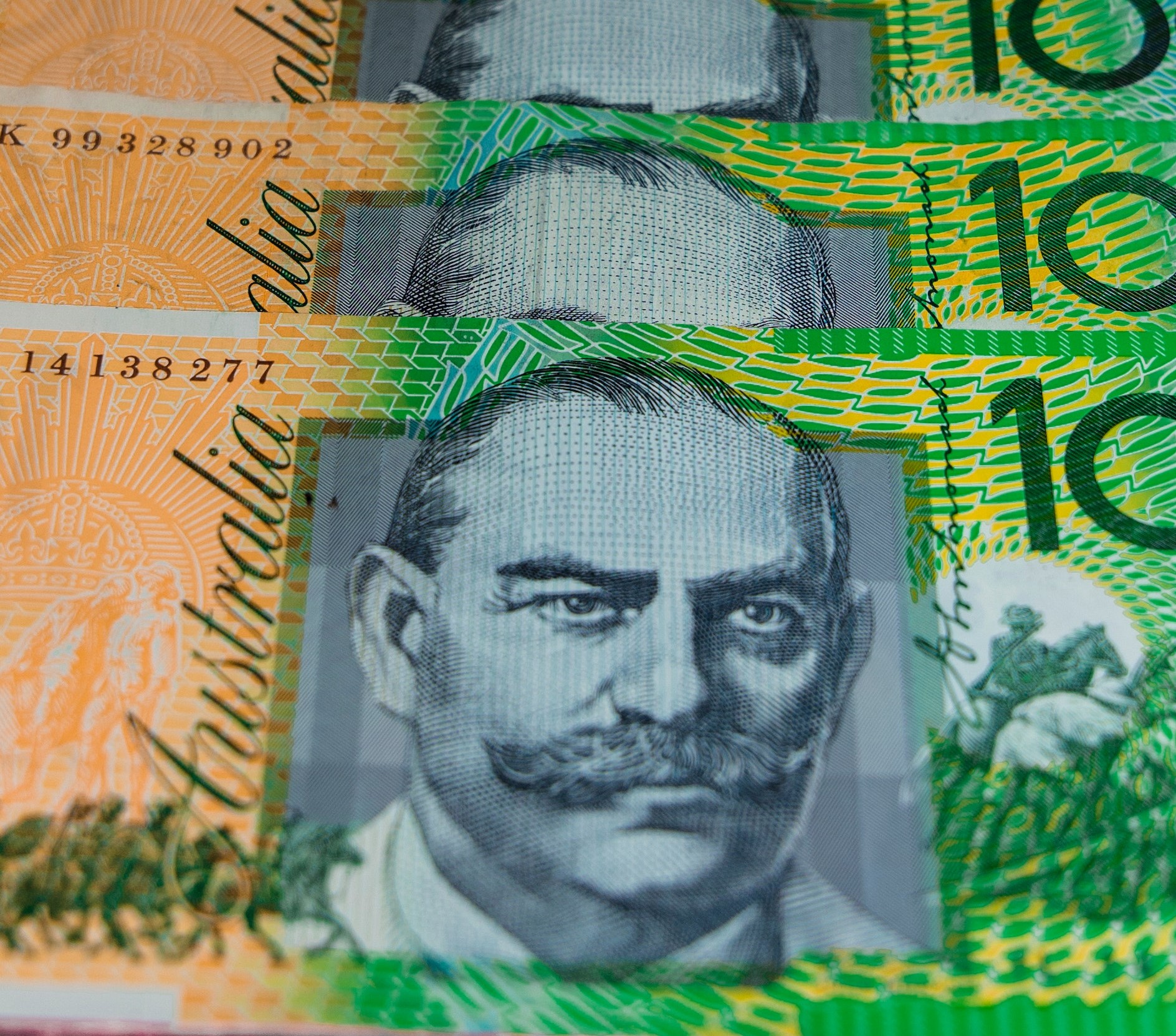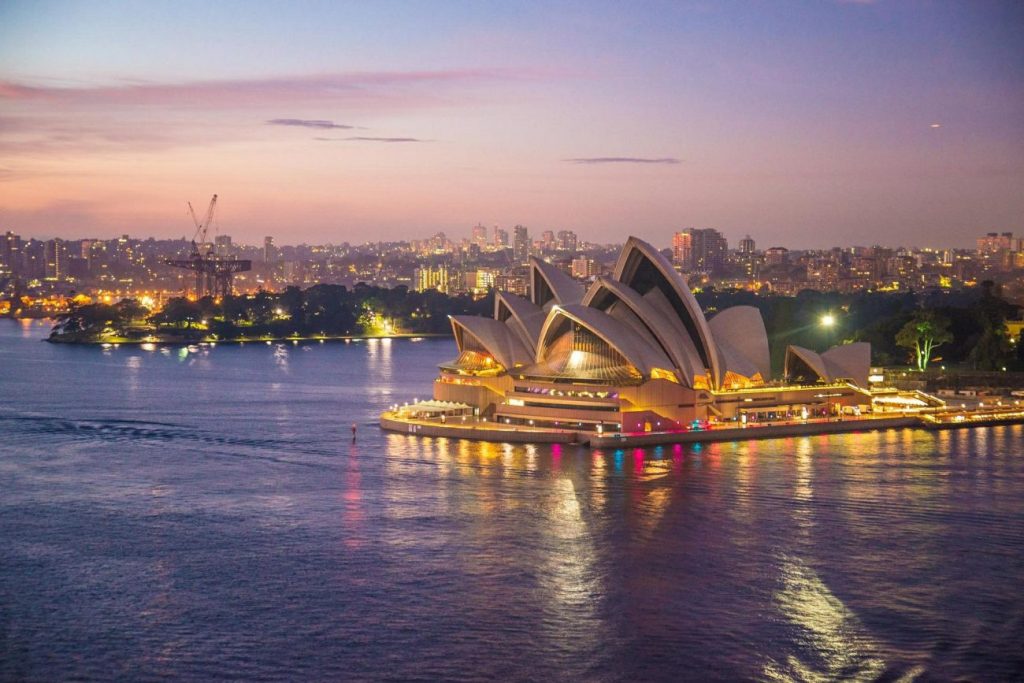Star announces funding injection amid AU$1.26bn loss

The large losses are principally the result of an AU$988m non-cash impairment of the group’s Sydney assets, which came from the costs and penalties associated with the business’s ongoing regulatory difficulties.
Last year the Bell review – a NSW parliamentary inquiry into anti-money laundering and safer gambling failings at the company’s properties – found that the operator was “unsuitable” to hold a licence in the state.
In order to continue operations Star underwent a costly transformation, that saw the business attempt to change its culture and operations to prevent a repeat of numerous and serious failures that characterised the company’s previous operations.
Difficult landscape

Star CEO and managing director Robbie Cooke highlighted the difficult regulatory landscape.
“We have been pleased with the ongoing strength of trading across our Queensland-based properties, while trading at The Star Sydney has been impacted by operational changes associated with the outcome of the Bell Review and increased competition,” said Cooke.
Cooke said that it was the business’s key priority to regain the trust that it has lost, as well as demonstrate it is suitable to hold its casino licences. As part of that effort, the CEO said that the organisation would be supporting the ongoing state-wide initiatives around cashless gaming and reduction of harms.
“Our focus has been and remains on working constructively with our regulators and the NSW Manager and Queensland Special Manager to urgently remediate our businesses as we seek to return to suitability.”
Financial situation
The business recorded AU$1.01bn in revenue for the six-month period ending 31 December, a 75.6% increase year over year.
Other income, combined with share of net profit from joint entities, added AU$8.7m to the total revenue for the half-year period.
However, a number of costs caused the revenue to fall to the overall loss. Depreciation, amortisation and impairment totaled at AU$1.08bn – a shocking AU$986.1m higher than in H1 2021.
Employment costs at AU$376.5m were the second highest of the period. This was followed by AU$350.0m in fines and penalties and AU$103.9m in other expenses.
The remaining costs were made up of a number of other expenses – including government taxes and levies, property costs and cost of sales.
Earnings before interest, tax, depreciation or amortisation (EBITDA) stood at AU$199.7m for the period, a 550.5% increase compared to the same period the previous year.
The financial boost provided to the casino operator by the equity raising will be used to repay the business’s outstanding debts, as well as increase the company’s overall liquidity.
In addition to raising money, the business has renegotiated its financial relationship with its creditors – securing covenant relief from bank lenders.
This package of debt relief and new sources of funding may be an attempt to keep its creditors at bay after numerous existential risks to the business.
Impairment charge
Earlier in the month, the business released an earnings update and outlook that indicated that the business is expecting a non-cash impairment charge in the range of AU$400m- AU$1.6bn.
The company says this would be due to a number of factors, including operational changed implemented following the Bell review, a New South Wales (NSW) parliamentary inquiry into the casino’s anti money laundering (AML) and safer gambling practices that found the casino “unsuitable” to hold a casino licence.
Other reasons for the charge relate to amendments in the NSW casino control act, as well as increase in NSW casino duty rates in 2024.
The business said that the higher estimate of the impairment charge would be in the case of casino duty almost doubling from 32% to 60.67%, as was proposed by the NSW government in December.
“Whilst the outcome of recent regulatory and legislative developments remains uncertain, we have taken a prudent approach to assessing the carrying value of our assets, which has resulted in a non-cash impairment charge which will be recognised in our 1H FY23 results,” said group CEO and managing director Robbie Cooke.
